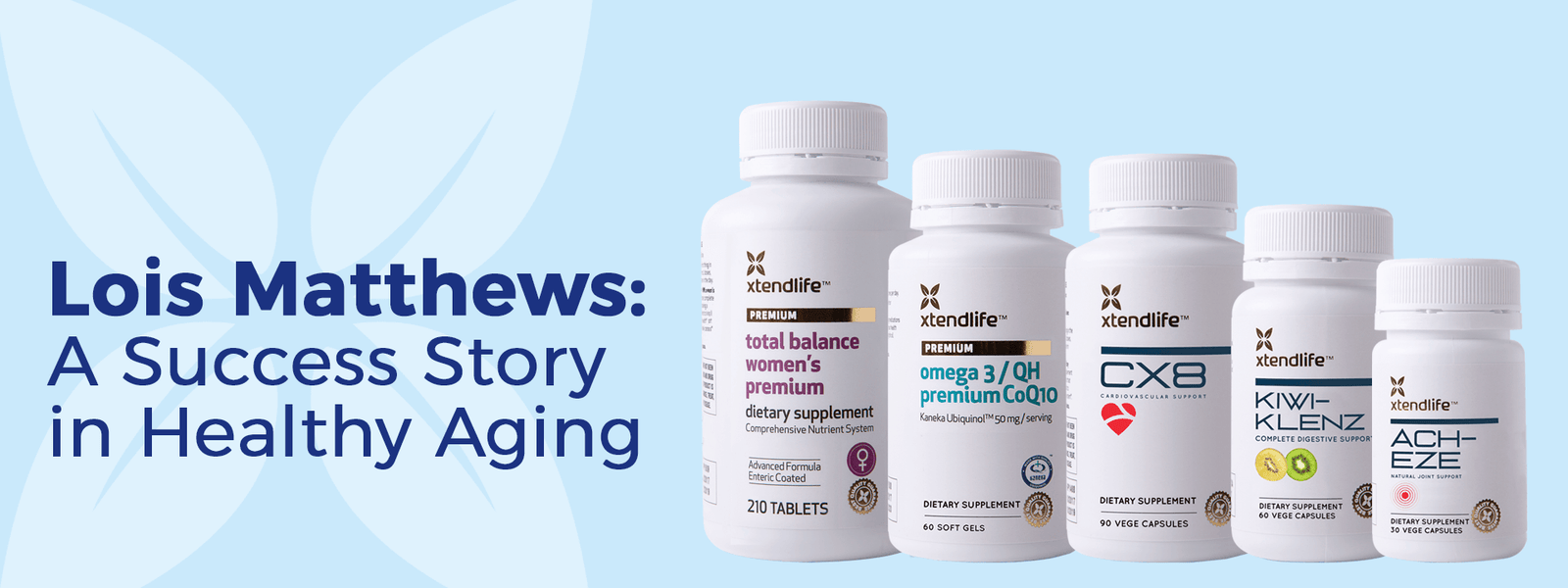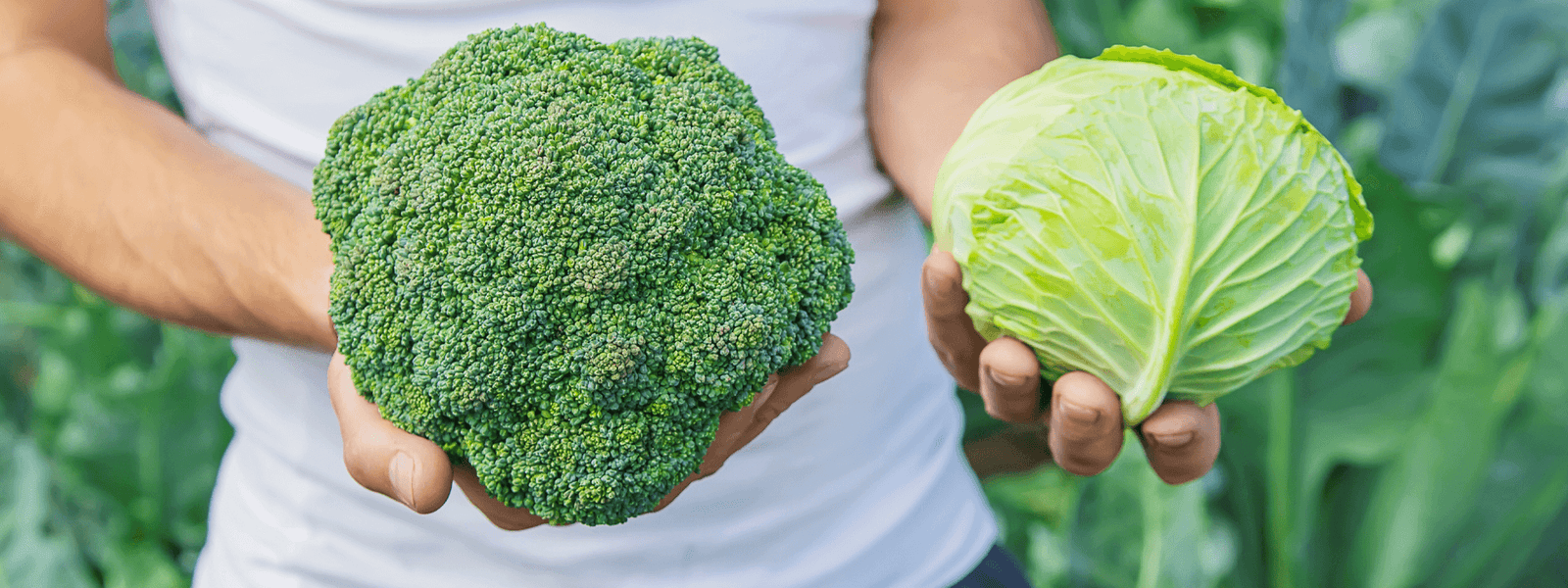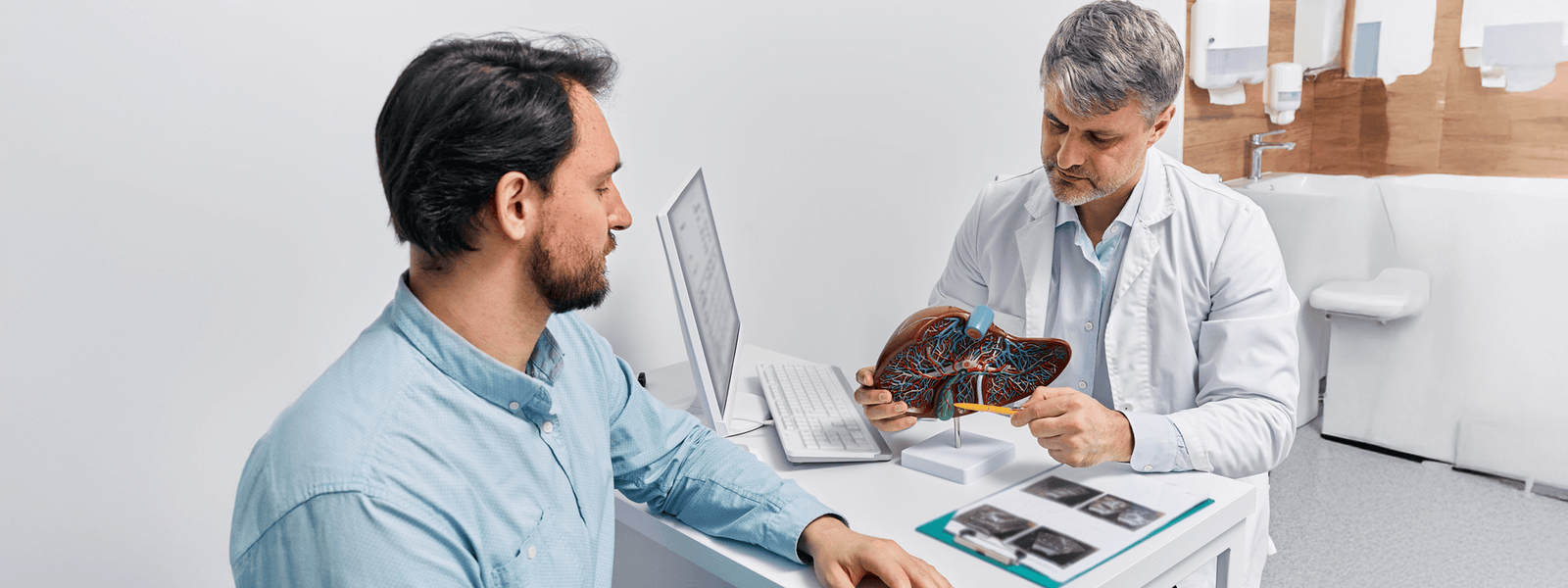The saying “you are what you eat” is never more important than during pregnancy and breastfeeding. Most people know that good prenatal nutrition is crucial for a healthy mother and baby. But it doesn't stop there.
You have to continue to eat well and get the right nutrients into your body while breastfeeding as well. What goes into your system goes into your growing baby's too!
Essential Nutrients During Pregnancy
As well as following a balanced and healthy diet, ACOG (the American Congress of Obstetricians and Gynecologists) advises women to take vitamin supplements. If you look at prenatal vitamins versus traditional multivitamins there is a big difference. Pregnant women need a larger dose of some specific vitamins, minerals, and fatty acids that help the baby. These are:
- Folic acid to avoid the risk of major birth defects (this should be taken before conception too)
- Iron to help with the baby's oxygen supply
- Calcium and vitamin D to build the baby's bones and teeth
- Omega-3 fatty acids to help with the baby's brain development. (This can be started up to six months before conceiving to build up an adequate store of fatty acids according to american pregnancy.org)
Omega-3 Fish Oil During Pregnancy
Recent research on nutrition has shown that Omega-3 fatty acids are extremely important - whether you are pregnant or not. They help balance the prostaglandins in your body. Prostaglandins are hormone-like substances that our bodies create as needed when we are injured or stressed or have some other issue. They help with blood clotting, inflammatory response, and regulating the reproductive system, for instance. If we don't consume the right amount of fatty acids, these prostaglandins can get out of kilter and actually make us ill.
We get Omega-3 fatty acids from what we eat – such as food and supplements. Unfortunately, most Americans don't get an adequate amount of Omega-3 in their diet. This is particularly true of pregnant women because the growing baby uses Omega-3 during the development of the nervous system, eyes, and brain. The bottom line is that we all need Omega-3 but pregnant and breastfeeding ladies need it most of all!
The most beneficial Omega-3 fatty acids are docosahexaenoic acid (DHA), for the development of the eyes, brain, and central nervous system, and eicosapentaenoic acid (EPA), which plays a role in heart health and immunity. These essential fatty acids are crucial during pregnancy (particularly in the third trimester) when the baby is growing rapidly, and after birth during nursing for optimal brain development during the first two years of life.
Omega-3 is passed to the baby through breast milk and is an important nutrient after birth as their brains are still developing during the first two years of life.
What is the Recommended Amount of DHA During Pregnancy?
ISSFAL, the International Society for the Study of Fatty Acids and Lipids, says: “it is advisable that pregnant women aim at achieving an average intake of at least 200 mg DHA/d.” They go on to say this is also the ideal amount for women who are breastfeeding.
You can get this by eating one or two portions of seafood a week (about 8 – 12 ounces), including oil fish such as salmon, mackerel, and herring. The problem is that fish can carry doses of contaminants like dioxins and methylmercury, not things you want in your system at any time, especially when you are pregnant. High doses of methylmercury in the mother's body, for example, have been shown to negatively affect fetal development and the size of the baby and may even cause the baby to be born sooner than the due date.
In addition to the problem of possible contamination, not everyone likes fish. It can cause some side effects like belching or indigestion. Not cool. So, is there an alternative? Fortunately, the answer is yes!
Safest Way to Get DHA During Pregnancy
One of the easiest and safest ways to meet DHA requirements during pregnancy is to take a fish oil during pregnancy and while breastfeeding your baby. However, not all fish oil supplements are the same. Some use very low-quality fish oil that is highly processed and in synthetic forms. Often these fish oils come from fish sourced from polluted waters and may not follow stringent quality testing methods resulting in a product containing high levels of mercury.
Xtendlife Omega-3/ DHA Fish Oil comes in easy to swallow capsule form and contains the purest high quality, mercury-free fish oil. Obtained from the pristine waters of New Zealand, it contains New Zealand Hoki fish oil and concentrated pure Tuna oil providing 700 mg of DHA and 300 mg of EPA per daily serving. It is completely safe to take both while pregnant and breastfeeding. It is 100% natural, fresh and bio-available, which means your body can easily use it for maximum benefit.


 Supplements
Supplements Bundles
Bundles





















